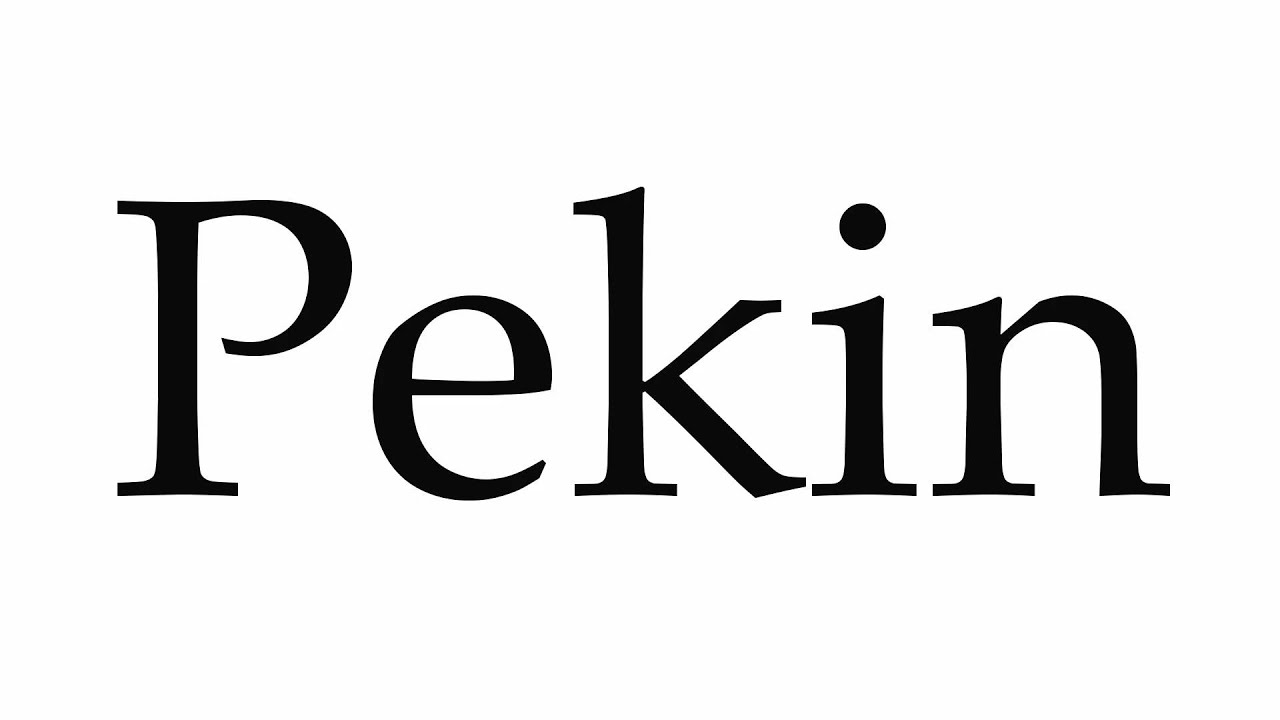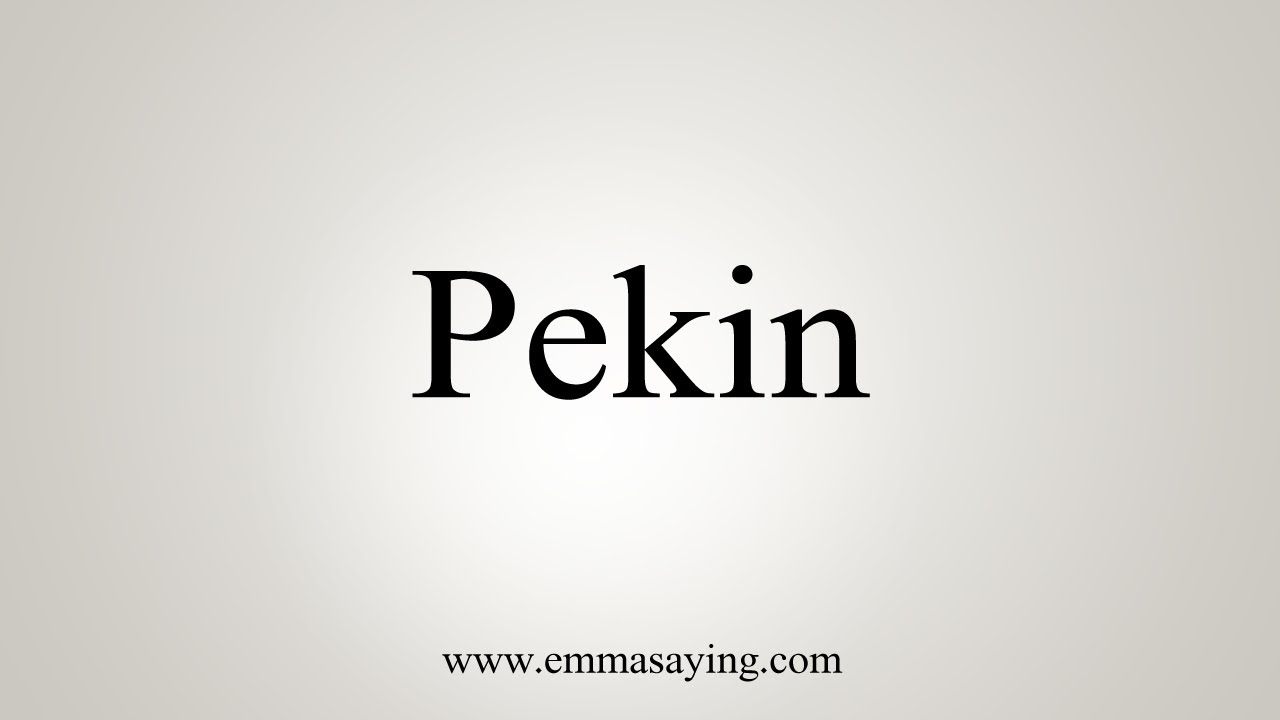Okay, so I was messing around with this whole “Pekin” pronunciation thing today. You know, like how some folks say “Beijing” as “bay-zhing” and others say “bay-jing”? I wanted to figure out what’s up with that and why some people also say “Pekin.”

Digging into History
First, I did some digging online. Turns out, “Pekin” is a pretty old-school way of saying the name of China’s capital. I found out it comes from how missionaries used to write it way back when. They had their own way of spelling Chinese sounds using the Roman alphabet, and “Pekin” was one of those spellings.
Checking Out Different Pronunciations
Then, I started listening to how different people pronounce “Beijing.” Some people really emphasize that “zh” sound, making it like “bay-zhing.” Others kind of soften it, so it comes out more like “bay-jing.” I played around with saying it both ways myself, and honestly, the “jing” version feels a bit easier.
The “Pekin” Connection
So, how does “Pekin” fit into all this? From what I gathered, the “Pekin” pronunciation is kind of like an older version of “bay-jing.” Since the spelling comes from an older romanization system, it makes sense that the pronunciation would be a bit different too. I tried saying “Pekin” out loud a few times, and it definitely sounds a bit outdated.
My Takeaway
After all this messing around, here’s what I think:
- “Pekin” is an older way of saying the city’s name, based on an old way of writing Chinese sounds.
- “Bay-jing” is closer to how “Pekin” probably sounded back in the day.
- “Bay-zhing” is closer to the modern Mandarin pronunciation of 北京 (Běijīng).
It was kind of a fun little experiment. It’s interesting to see how language changes over time and how different systems of writing can lead to different pronunciations. I still say “bay-jing” myself because it is easy to say for me, but it’s cool to know the history behind “Pekin” and why some people might still use it.




